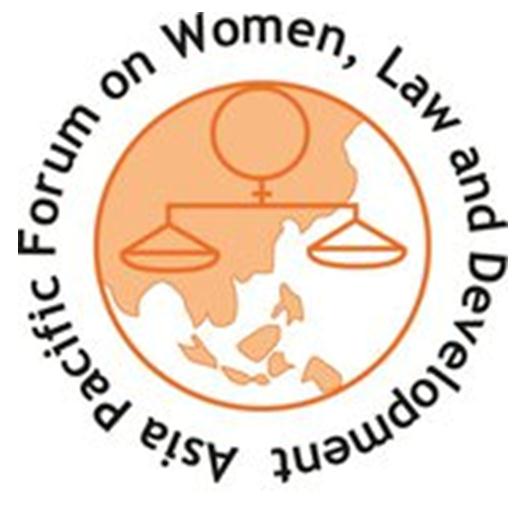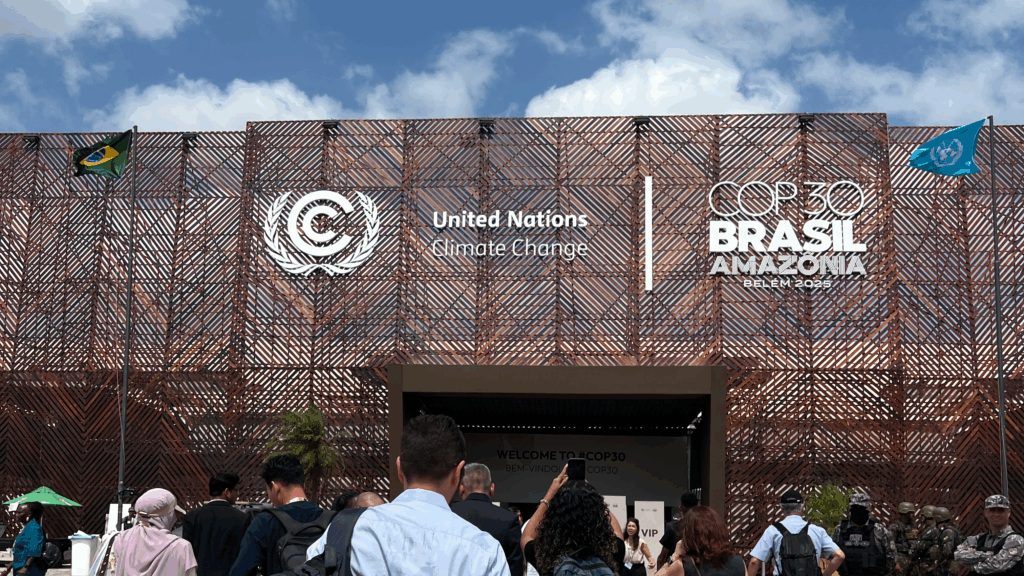
Climate Justice – Feminist Participatory Action Research (CJ-FPAR)
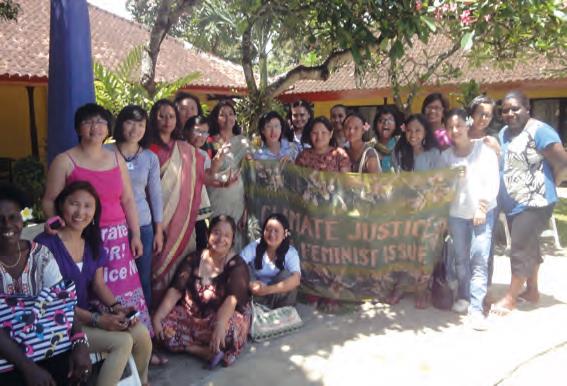
Description of the project:
APWLD believes that empowering women’s local movements is essential to achieving gender equality and shaping effective, just responses to climate change. APWLD supports grassroots organisations to conduct evidence-based community research on the impacts of climate change, design solutions and advocate for relevant policy and resource changes. APWLD uses a Feminist Participatory Action Research (FPAR) framework to develop the capacity or rural, indigenous, migrant and urban poor women, so they are able to collectively understand, document the impacts of climate change and develop community solutions in response.
Climate Impact:
Women play a critical role in coping with the impacts of climate change, yet they are too often excluded from decision-making processes at all levels. The programme aims to improve climate actions by providing women with knowledge and experience so they can participate in policy dialogue, and advocate for their own needs and solutions to be included into climate policies at the local, national and international levels. In 2017, the Climate Justice FPAR programme will focus on climate displacement.
Gender Impact:
The Climate Justice FPAR empowers grassroots women particularly through improving their political leadership skills which allows them to address their own issues in relevant decision-making processes. The FPAR gives voice to women as the experts of their own lives and enables them to shape policy decisions. The FPAR process strategically identifies the researchers and experts of their community issues and promotes them into policy dialogue.
Scalability / replicability:
APWLD is documenting the processes of its FPAR programme in training which will be shared with its member and partner organisations interested in undertaking similar community-led research. FPAR is versatile as methodology and can be adapted for documenting other community issues apart from climate change. For instance, APWLD has used FPAR for implementing community-led research and advocacy on issues of violence against women and land and labour rights in the past.
read the latest from our network
We work across regions and movements in deep solidarity. Together, we’re building collective advocacy to global problems.


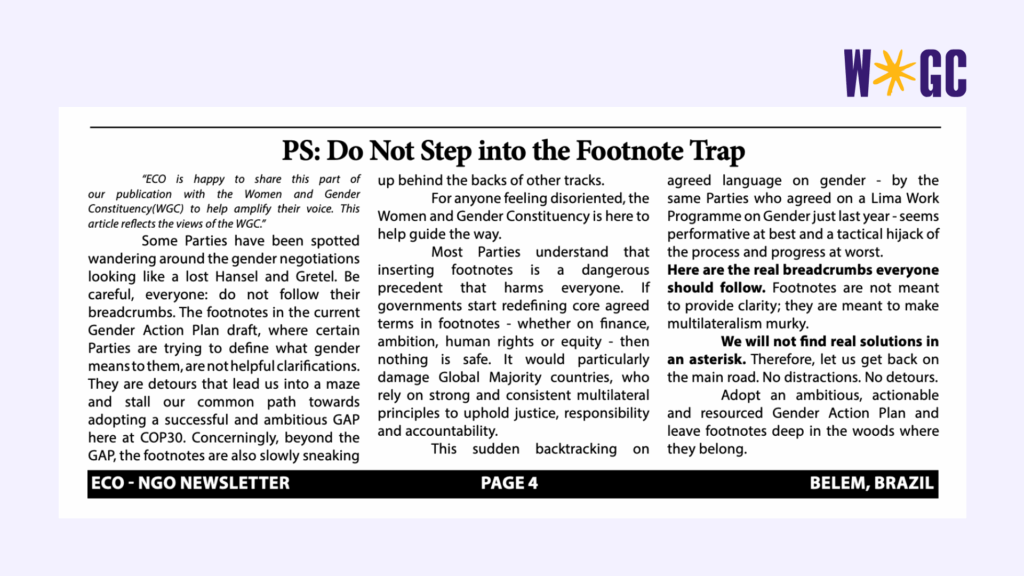
PS: Do Not Step into the Footnote Trap
19/11/2025
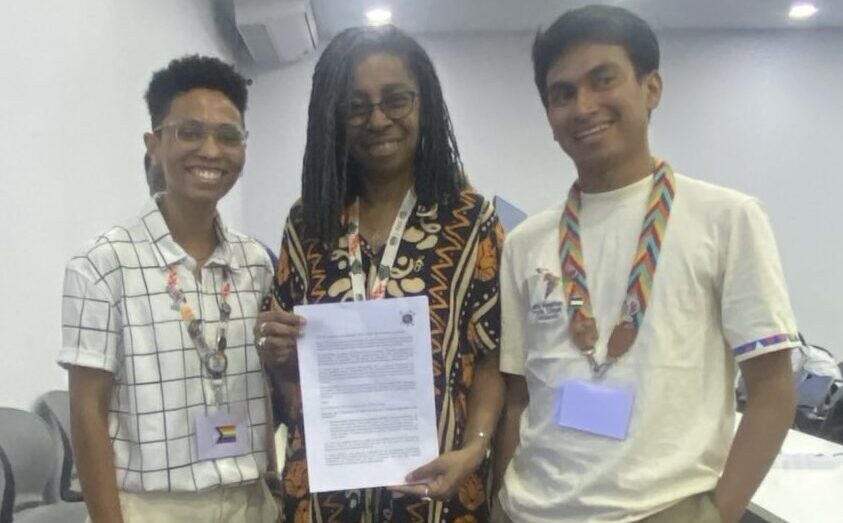
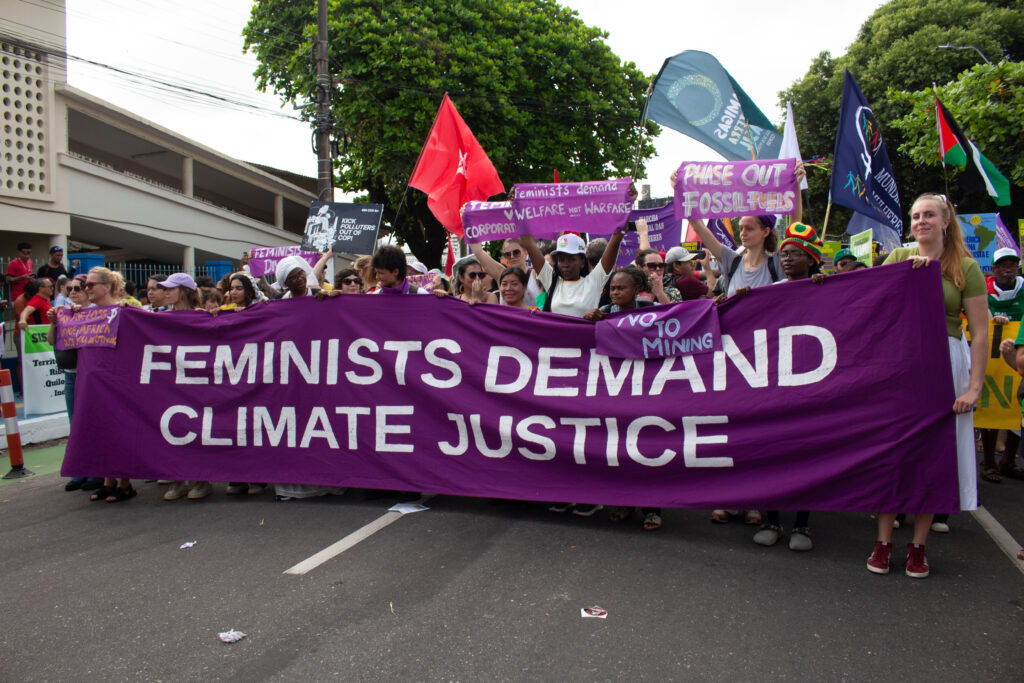
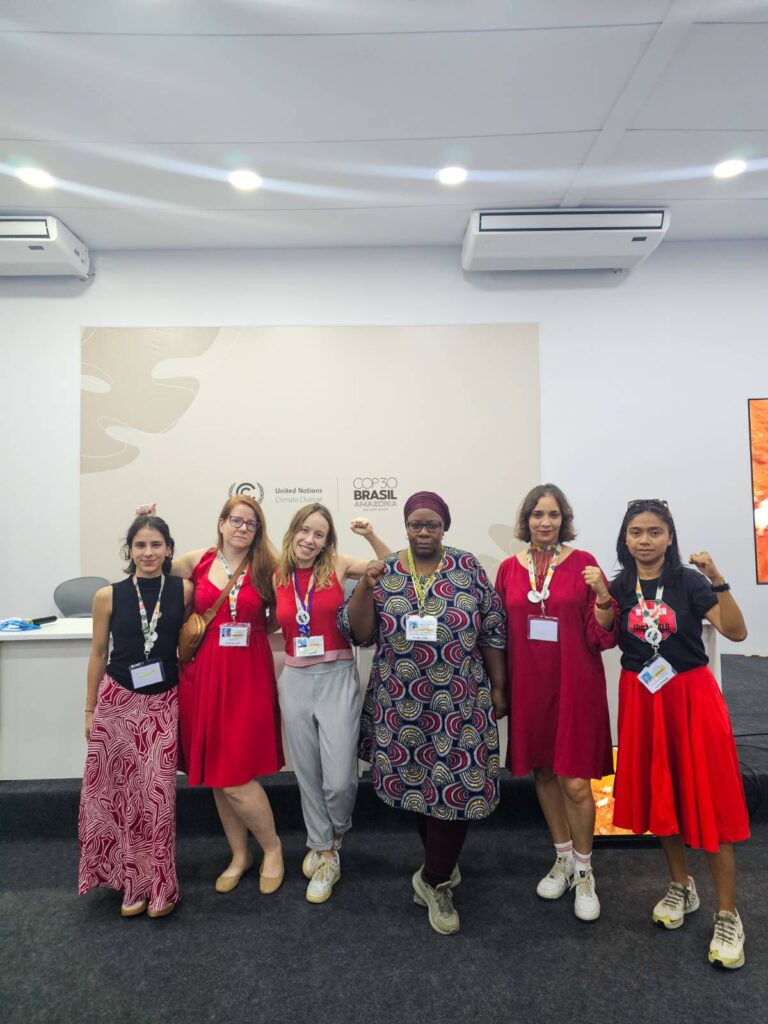
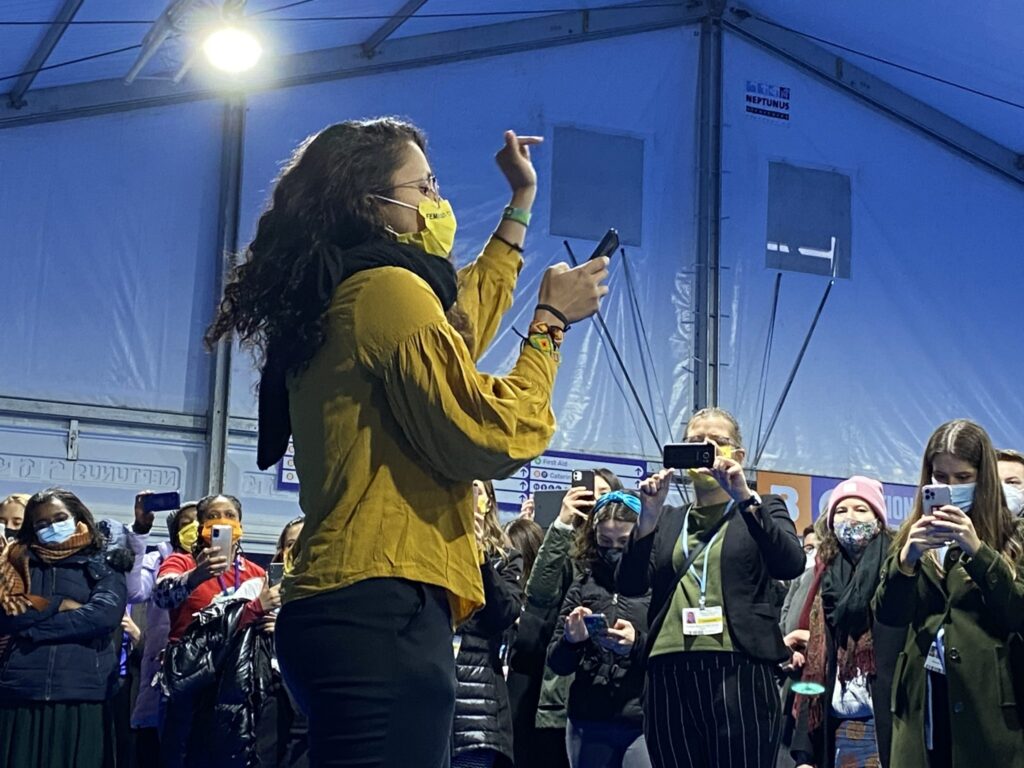
Gender Just Climate Action requires truth
12/11/2025

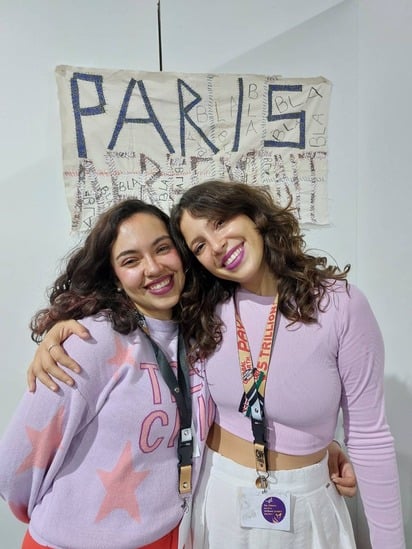
Nov 11 Action Alert: Gender Justice Day
10/11/2025

